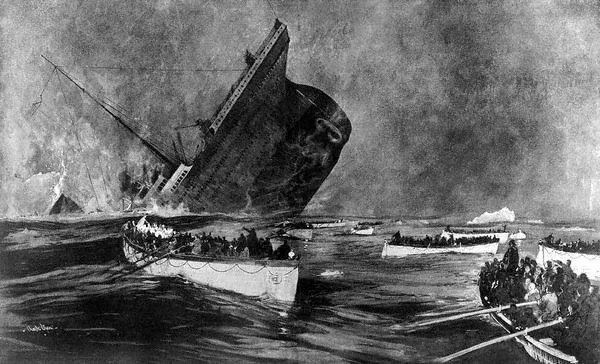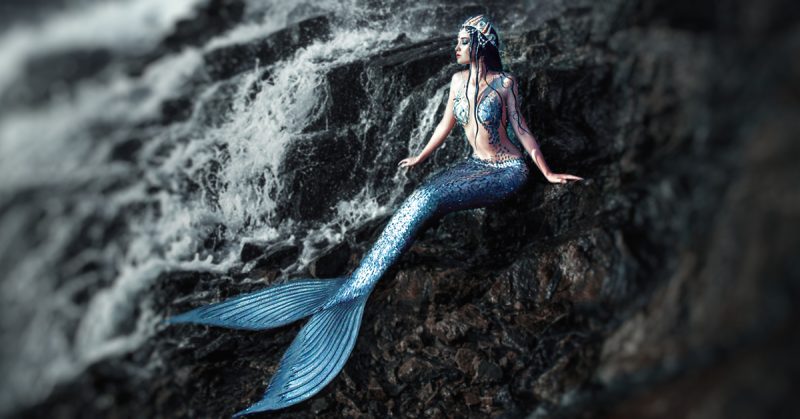Any Diver Can End the Dive for Any Reason
I was guiding a cave dive in Chan Hol Cenote when one of the divers signaled rapidly with his light – emergency! What could be wrong? Before the dive we had completed the standard equipment check and had reviewed the dive plan thoroughly. The first ten minutes of the dive had been absolute bliss. We floated through snowy white passageways and happily pointed out intricate formations to each other. All appeared calm and under control until the diver gave me the emergency signal. Imagine my confusion when he held up his air gauge, which indicated a nearly full tank of air.
The diver dropped his gauge and made a “thumbs up” sign. A thumbs up means “end the dive.” This is a golden rule that all cave divers follow: any diver can end the dive at any point for any reason, no questions asked. If a diver “thumbs” the dive, all other divers in the group repeat the thumbs up sign and the entire team leaves the cave together. There is no room for discussion and no one questions the signal.
The dive is over.
What is an acceptable reason to end a cave dive? Any reason at all! A diver can thumb the dive if he runs low on air or has an equipment problem. He can thumb the dive if he is bored, cold, tired, unhappy, or simply needs to pee really badly. The brilliant thing about the thumbs up symbol in cave diving is that it is non-negotiable and guarantees a quick and efficient exit.
So why am I writing about a technical diving hand signal on a recreational diving website? I would like to see more recreational divers adopt the same attitude towards the thumbs up sign. While most of the instructors I know teach that the thumbs up sign is non-negotiable, I see few recreational divers react to the thumbs up sign properly once they have completed their certification course.
Many times, I have watched a diver give a thumbs up sign only to have his buddy question the signal. The team members begin a confusing, hand waving conversation as to whether they really should end the dive. This only make matters worse. If the diver is low on air, this wastes valuable time. If he is cold, tired, or stressed, questioning the diver will only exacerbate the problem. Problems should be communicated, but the decision to end the dive should not be questioned.
When today’s diver thumbed the cave dive, the rest of the team returned the signal and headed to the exit. On the surface, we learned that the diver had thought something was wrong with his pressure gauge because he had misread it underwater. In reality, the gauge was functioning properly and nothing was wrong. Instead of being annoyed that the dive was ended “unnecessarily,” I was thankful that my diver reacted as he did. I am happy that he chose to end the dive due to a potential problem rather than wait to see if that potential problem turned into a real one and created a dangerous situation for everyone. If one diver has a problem, whether it is gear-related or simply discomfort, it is also his buddy’s problem. The buddy is responsible for his teammate’s safe return to the surface.
I am grateful that the diver thumbed the dive at the first sign of a problem that could have affected us all. I am equally pleased with the rest of the team’s reaction, which was to support the diver’s decision. Diving has a great safety record, and when safety guidelines are followed the risk is minimal. Still, problems do pop up and people occasionally become uncomfortable. Underwater is not always the best place to deal with these situations. If a diver decides it is time to go up, it is. No questions asked.







Leave A Comment